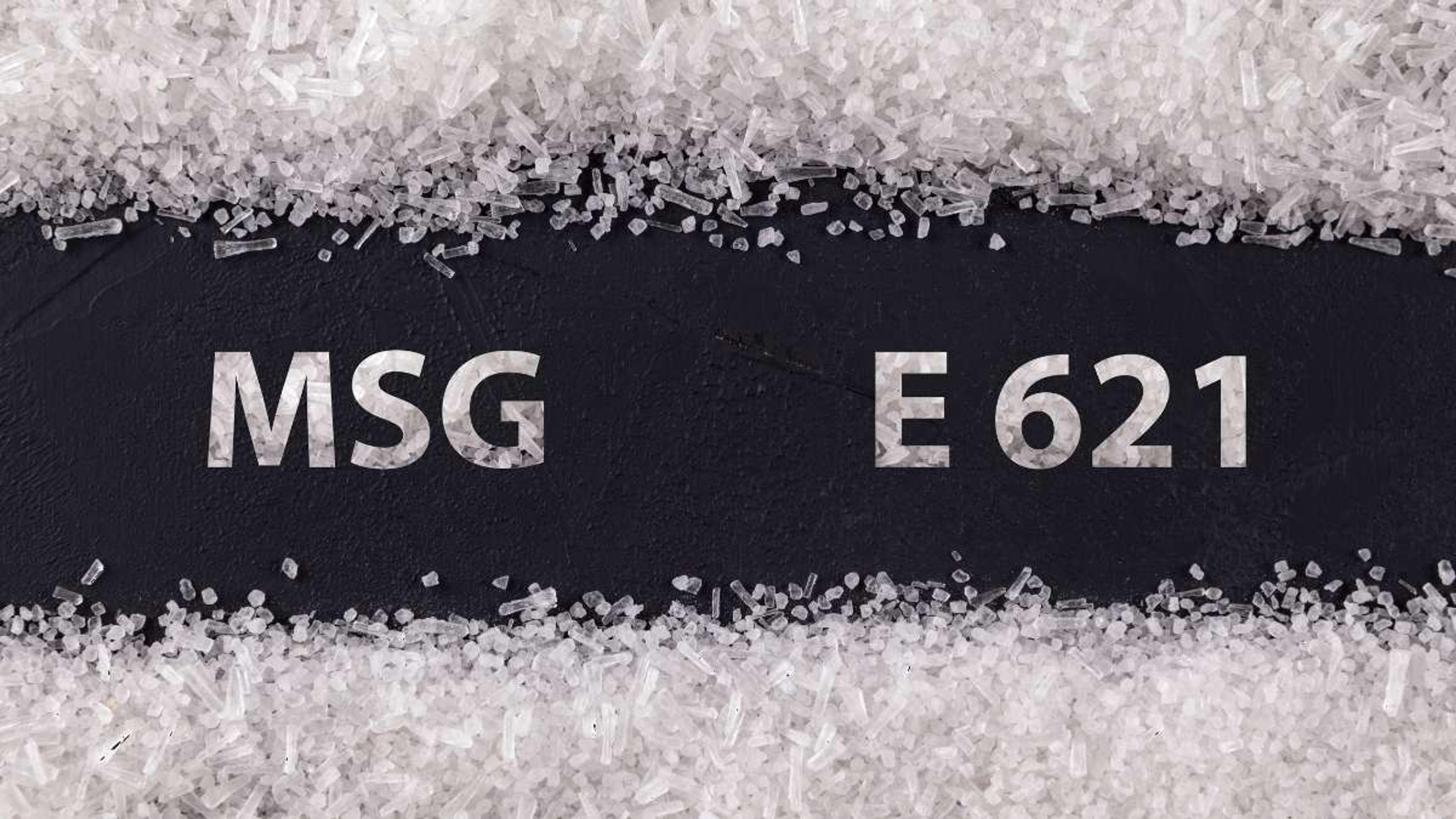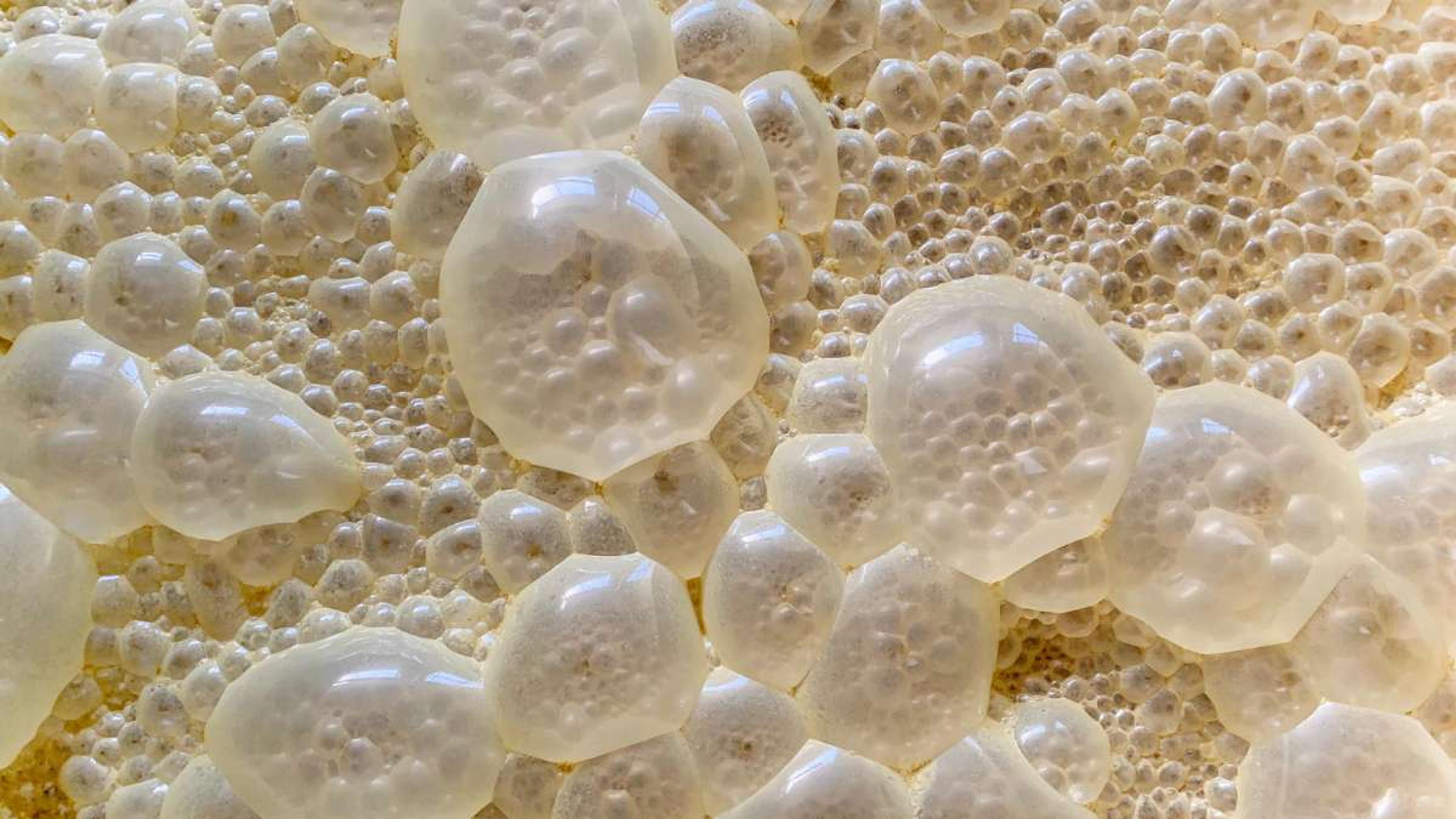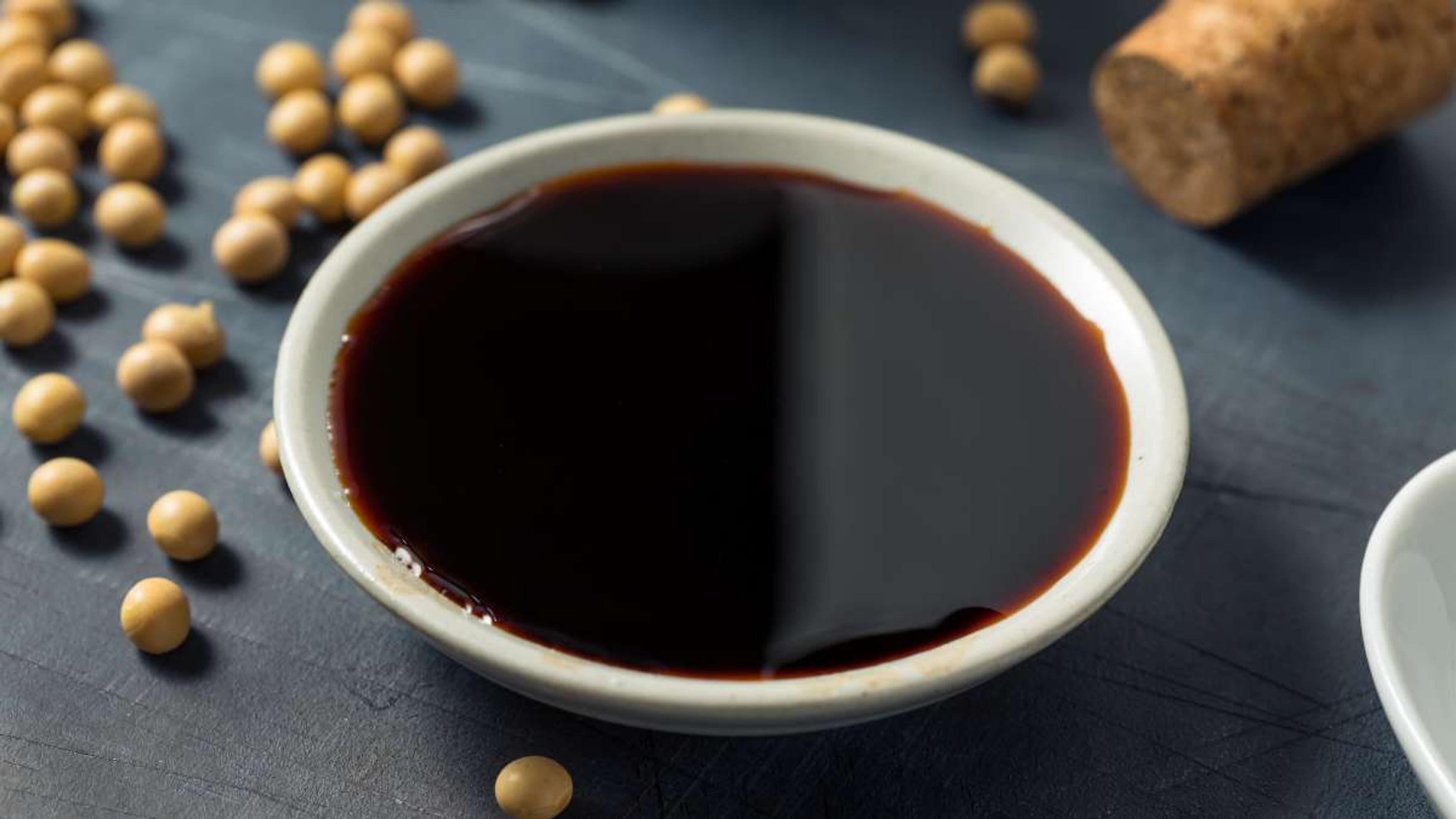Is MSG Vegan? Exploring the Truth

- Key Takeaways
- Understanding MSG
- MSG Production and Processing
- Controversies and Concerns
- Vegan Usage and Alternatives
- Conclusion
- FAQs
Are you a vegan wondering whether MonoSodium Glutamate (MSG) fits into your plant-based lifestyle? MSG, a common food additive known for enhancing flavor, often causes confusion when it comes to its vegan status.
This blog post will clearly explain the origin and production of MSG, addressing your concerns on whether or not it contains any animal-derived ingredients. Get ready to unravel the truth about MSG and veganism!
Key Takeaways
- MSG, or monosodium glutamate, is considered vegan-friendly as it is derived solely from plant-based sources such as sugar cane or sugar beets and does not contain any animal products.
- Animals are not used in the production process of MSG, making it suitable for those following a vegan lifestyle.
- While MSG is generally recognized as safe by the FDA, excessive consumption can have harmful effects. It's important to consume MSG in moderation and be mindful of any sensitivities or reactions you may have.
Understanding MSG
MSG, also known as monosodium glutamate, is a flavor-enhancing ingredient that is commonly used in various cuisines around the world.

Definition and sources of MSG
MSG stands for monosodium glutamate. It is a type of salt that comes from the amino acid called glutamic acid and is often mentioned as 'E621' in the food labels. MSG tastes good and adds flavor to food. Many foods have this natural taste, like tomatoes, seaweed, soy sauce, parmesan cheese and breast milk.
The company Ajinomoto Group uses plant items like sugar cane or beets to create MSG. The process they use is called fermentation. Sometimes on food labels, you might see the word "glutamate" instead of MSG.
Umami: The Reason for MSG's flavor explosion
Umami is a savory, fifth taste that we all love. It's in many foods like parmesan cheese, seaweed and soy sauce. MSG gives us this umami flavor. So, when we add MSG to food it tastes better.
It brings out the good flavors in our meals. Just a little bit of MSG can make any dish pop with taste! With MSG, your dinner goes from okay to wow! That’s why people enjoy Chinese food so much; they use a lot of this flavor enhancer in their dishes.
MSG Production and Processing
MSG Production and Processing involves obtaining glutamate from either plant or animal-based sources, using chemical synthesis or fermentation methods, and potentially including additives that may not be vegan.

Obtaining glutamate from plant or animal-based sources
Glutamate comes from both plants and animals. Foods like meat, eggs, broths, and soy have it. Some plant-based foods also have glutamate. But, when making MSG, only plant sources for glutamate are used.
It is often done by fermenting sugar cane, beets, and other plant-based ingredients. These plant items are carefully selected and processed to extract the glutamate, which is then used to create MSG.
The Ajinomoto Group, a renowned company in the food industry, utilizes a process called fermentation to produce MSG. This involves using microorganisms to break down the sugars present in plants and convert them into glutamic acid. Through this natural process, MSG is created, giving food that irresistible umami flavor we all crave.
Chemical synthesis vs. fermentation methods
MSG can be produced using two different methods: chemical synthesis and fermentation. Here are some important facts about each method:
` 1. Chemical synthesis:
- MSG can be synthesized chemically using raw materials such as coal or oil.
- This method involves several complex chemical reactions to produce glutamate, the main component of MSG.
- Chemical synthesis is a more expensive process compared to fermentation.
- It has a higher environmental impact due to the use of non-renewable resources.
2. Fermentation:
- Fermentation is a natural process that involves using microorganisms to break down the sugars present in plants and convert them into glutamic acid; similar to production of yogurt or wine.
- In the case of MSG, fermentation involves the use of bacteria or fungi to break down plant-based materials rich in glutamate.
- The Ajinomoto Group, a major producer of MSG, uses fermentation methods that involve sugar cane and sugar as plant-based sources.
- Fermentation is considered more cost-effective and environmentally friendly for producing MSG.
Additives and potential non-vegan ingredients in MSG
Some additives and ingredients used in the production and processing of MSG may not be vegan-friendly. However, specific details about these potential non-vegan additives are not provided in the given content.
It is important for individuals following a vegan lifestyle to carefully read ingredient labels or reach out to manufacturers for more information on the sourcing and production processes of MSG-containing products to ensure their adherence to a vegan diet.
Controversies and Concerns
Is MSG Safe to Eat? Are there any sensitivities or reactions to MSG? Explore the debate over its use in processed foods and learn more about these controversial topics surrounding MSG.

Is MSG Safe to Eat?
MSG, or monosodium glutamate, is considered safe to eat by the U.S. Food and Drug Administration (FDA). It has been classified as generally recognized as safe. However, excessive consumption of MSG can have harmful effects and may cause symptoms like headaches and flushing in some individuals.
Some studies have raised concerns about the long-term side effects of MSG, but more research is needed to fully understand its impact on health. It's important to consume MSG in moderation and be mindful of any sensitivities or reactions you may have to it.
Sensitivities or reactions to MSG
Some people may experience sensitivities or reactions after consuming MSG. These reactions can include headaches, flushing, sweating, and a feeling of warmth. However, it's important to note that these symptoms are not common and occur in only a small percentage of individuals.
In fact, research has not found evidence of a true allergy to MSG. Adverse reactions are more likely to occur when consuming large amounts of MSG (over 3 grams) or if an individual is particularly sensitive to glutamate.
It's also worth mentioning that some studies suggest that negative effects from MSG consumption may be due to the nocebo effect, where individuals expect negative symptoms and therefore experience them even without any physiological basis.
Debate over its use in processed foods
There is an ongoing debate about the use of MSG in processed foods due to concerns about its potential health risks. Some studies have linked MSG to various adverse effects, such as obesity, liver damage, elevated risk of heart disease, and behavioral problems.
These findings have raised questions about the safety and long-term impact of consuming processed foods that contain MSG. On the other hand, proponents argue that MSG is a safe flavor enhancer when consumed in moderation and that the negative claims are often based on anecdotal evidence rather than scientific research.
The debate continues as society grapples with finding a balance between enjoying flavorful processed foods and maintaining good health.
Vegan Usage and Alternatives

Vegans can use MSG as a flavor enhancer in their cooking to add depth and richness to their dishes. Additionally, there are natural vegan alternatives to MSG such as nutritional yeast, kombu seaweed, and vinegar that can provide similar umami flavors.
Using MSG as a flavor enhancer in vegan cooking
MSG can be a useful tool in vegan cooking to add more flavor and depth to plant-based dishes. It acts as a flavor enhancer, similar to salt, but with the added benefit of providing an umami taste.
By adding just a pinch of MSG to your recipes, you can enhance the overall savory profile of your dish without relying on animal products. This can help make vegan meals more satisfying and enjoyable for those transitioning to or already following a plant-based diet.
So, if you're looking for ways to elevate the flavors in your vegan cooking, consider giving MSG a try!
Exploring natural vegan alternatives to MSG
Natural vegan alternatives to MSG can be used as flavor enhancers in cooking. Here are some options to consider:
- Tamari: This gluten-free soy sauce is made from fermented soybeans and is known for its rich, savory flavor.
- Seaweed: Dried seaweed, such as kombu or nori, contains natural glutamate and can be added to dishes for an umami boost.
- Nutritional yeast: This deactivated yeast has a cheesy, nutty flavor and is often used as a vegan substitute for Parmesan cheese.
- Mushrooms: Certain types of mushrooms, like shiitake or porcini, have a naturally high glutamate content and can be used to enhance the taste of soups, stews, and sauces.
- Miso paste: Made from fermented soybeans, miso paste adds depth of flavor when used in marinades, dressings, or soups.
Conclusion
In conclusion, MSG is considered vegan as it does not contain any animal products and animals are not involved in its production. It is derived from fermented plant sources and can be used as a flavor enhancer in vegan cooking.
However, it is important for vegans to check product labels for non-vegan additives that may be present in foods containing MSG.
FAQs
1. What is MSG?
MSG, or monosodium glutamate, is a flavor enhancer commonly used in foods to add savory taste.
2. Is MSG vegan?
Yes, MSG is generally considered vegan as it does not contain any animal-derived ingredients.
3. Can MSG cause allergic reactions?
Some people may experience sensitivity or allergic reactions to MSG, such as headaches, flushing, or sweating. It is best to consult with a healthcare professional if you suspect an adverse reaction.
4. Where can I find foods that do not contain MSG?
To avoid foods with added MSG, read food labels carefully and choose products labeled "no added MSG" or "MSG-free." Additionally, opting for fresh fruits and vegetables and cooking meals from scratch can help control the amount of additives in your diet.

